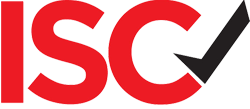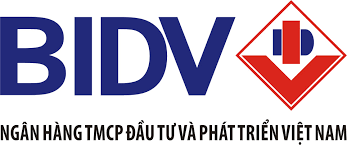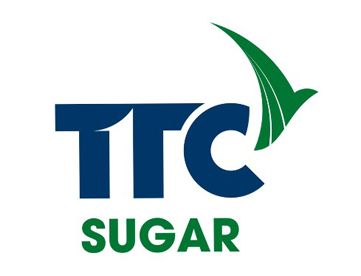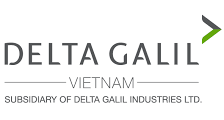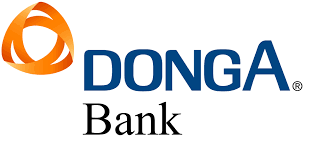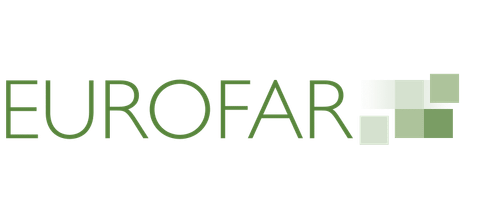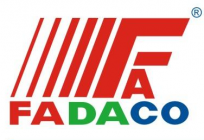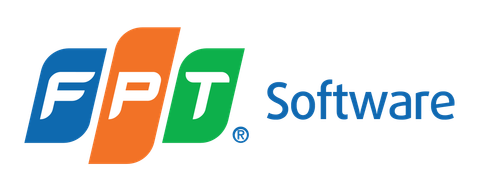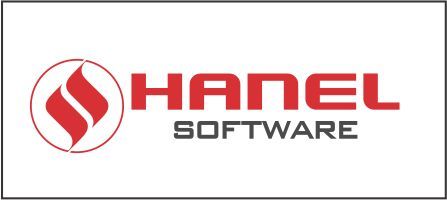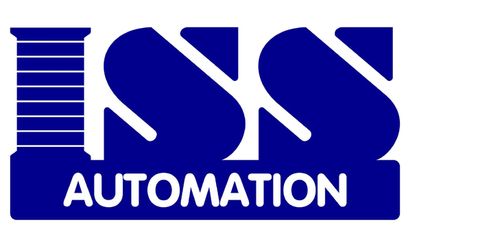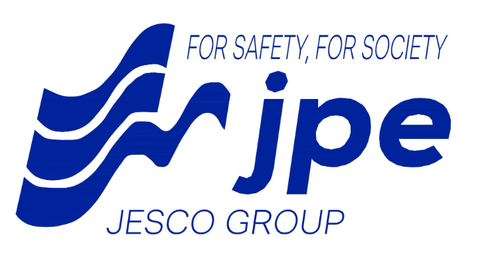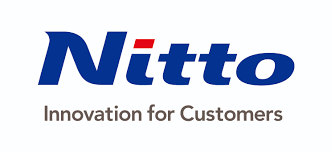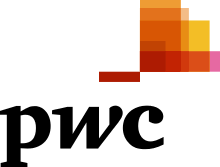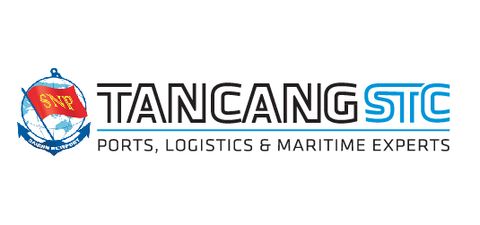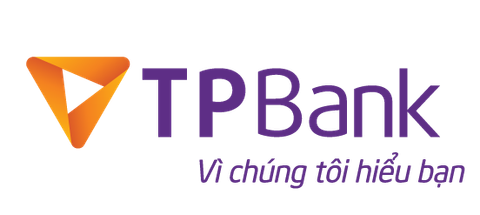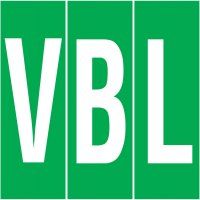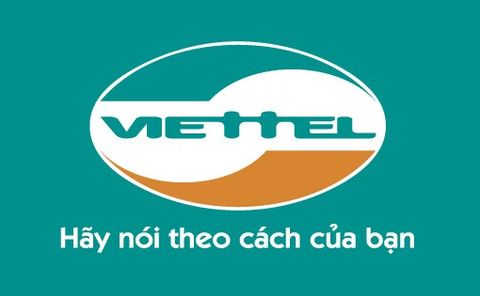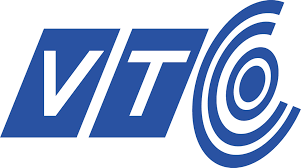There are many intricacies within the auditing industry and there are many auditors that claim they have a solid understanding of a given standard, have the necessary personal skills, qualifications, and industry experience to perform the activities to lead and or take part in auditing activities.
ISC Global has offices in more than 24 countries and has been in the industry for more than 30 years. During this time, we have seen our fair share of auditors that lack the understanding of standards, the personal skills, experience and overall industry experience.
Our clients take comfort in the fact that our team is trained internally and take part in a regular internal assessment to ensure that they are maintaining the level of skills needed to be deemed as a competent auditor.
ISC Global provide several auditing services consisting of the following:
INTERNAL AUDITS
For clients wishing to gain or maintain an certification there is an expectation / requirement to perform internal audits in accordance with the requirements of the given standard.
Some clients may consider that they do not have the trained internal resources to perform the activity to the required level.
ISC Global offers our clients the opportunity to leverage from our 30+ years of experience in the auditing industry.
To address this need ISC Global provides publicly available modular internal auditing training courses in line with many Standards.
For those clients looking to improve their quality of service but perhaps not wishing to be certified, our ISC Global auditing services also include delivery of internal audits to clients who are not presently certified with ISC Global.
Clients seeking such a service from ISC Global should note that ISC Global will be unable to offer any certification services for a period of two (2) years following delivery of such internal audit service.
SUPPLY CHAIN AUDITS
In order to maintain ISO certification, the commitment to continual improvement is an expectation that our clients must audit their supply chain to ensure the continuity of constant, on time and suitable quality of supply.
A fairly significant portion of our client base appears not to have the full depths of skills to perform the supply chain audit to a satisfactory level with their current internal resourcing.
ISC Global offers our client a supply chain audit service in line with the requirements of the requirements of any given certification.
ISC Global also provides an up-skilling portion allowing internal resources to complete the work in the future.
CERTIFICATION AUDITS
ISC Global has over 17 years’ experience within the Human Services & Disability Sector and was involved in the pilot Disability Certification Program in the early 2000s and audited as Team Leader during it.
Certification auditing for a given standard and finally applying for certification is a very detailed and resource intensive exercise.
There is an expectation that the clients have a solid understanding of the requirements for the given standard and understand that the certification audit is performed by a Certification accredited body.
ISC Global has over 30 years experience and the proven track record to perform certification audits against several standards.
Our simple and seamless process on certification auditing currently being delivered in 20+ countries is well endorsed by our client base.
2ND PARTY AUDIT
Be 100% sure of what you are dealing with by conducting 2nd Party Audit
Auditing is defined as the on-site verification activity of quality components by external sources to meet or exceed your standards’ compliance to requirements. An audit can apply to an entire organization or might be specific to a function, process, or production step. Some audits have special management purposes, such as auditing documents, risk, or performance, or following up on completed corrective actions.
THE THREE DIFFERENT TYPES OF AUDITS
There are three main kinds of audit:
- Process audit: This kind of audit checks that processes are working inside established limits. It considers an activity or operation to predetermine directions or standards to measure conformance to these standards and the adequacy of the directions. A process audit may:
- Check conformance to characterized necessities like time, exactness, temperature, pressure, responsiveness, component, and composition.
- Inspect the (resources, materials, and individuals) applied to change the contributions to yield output, the environment, the techniques (systems, guidelines) followed, and the actions gathered to decide process performance.
- Check the ampleness and adequacy of the process controls laid out by methodology, work guidelines, flowcharts, and training and process details.
- Product audit: This sort of audit is an assessment of a specific product or service, like equipment, processed material, or programming, to assess whether it adjusts to necessities (i.e., details, execution guidelines of the standard, and client prerequisites).
- System audit: This kind of audit is directed at the management framework. It tends to be depicted as a documented action performed to confirm, by evaluation and assessment of objectives, that applicable components are properly and successfully developed and processed, reported, and executed in understanding and related to determining prerequisites of the standard.
An audit may likewise be classified into further different types of audits that happen within an organization. Depending on the categories, and the relationships between the Auditing body and the Auditee body, these audits are usually divided into 3 types:
1st Party Audits
2nd Party Audits
3rd Party Audits
A first-party audit is performed inside an organization to measure its strength and weakness against its systems or techniques or potentially against external standard principles embraced by the organization. A first-party audit is an internal audit led by auditors who are working in the organization but who have no personal stake in the audit results of the area being audited.
A second-party audit is an external audit performed on a supplier by a client or by a contracted organization for a client. An agreement is set up, and the services and products are being or will be conveyed. Second-party audits are dependent upon the guidelines of agreement law, as they are legally binding to the client and the supplier. Second-party audits will quite often be more formal than first-party audits since audit results could impact the client’s buying choices.
For example: Manufacturing organizations in practically every industry rely daily on suppliers to supply high-quality components used in the manufacture of their products. In some cases, the majority of their quality issues concerns come from the supplied parts. When a part or sub-assembly is produced by a secondary or outside supplier some control over the quality is lost to the desired limit but should not exceed a certain limit. Organizations must therefore be cautious in managing and developing a strong supplier base providing quality products. Well-planned and executed 2nd party or supplier auditing systems are very effective and important for evaluating possible future suppliers and controlling the quality of current supplier parts and assemblies that meet their agreement law. Non-compliant supplier parts or late shipments could result in reduced efficiency or loss of production, late customer deliveries, possible product quality issues or recalls, and even a decrease in the market image.
A third-party audit is performed by an audit organization independent of the client-supplier relationship and is liberated from an irreconcilable circumstance. The independence of the audit organization is a vital part of an external audit. Third-party reviews might bring about certification, enlistment, acknowledgment, an honor, license endorsement, a reference, a fine, or punishment given by the 3rd party organization.
Performance Audits vs. Compliance and Conformance Audits
Value-added appraisals, management reviews, added value inspecting, and ceaseless improvement evaluation are terms used to depict an audit purpose beyond consistency and conformance. The reason for these audits connects with organization performance. Audits that decide consistency and conformance are not centered around good or poor performance, yet performance is a significant worry for most organizations.
The key distinction between compliance audit reviews, conformance audit reviews, and improvement audit reviews is the assortment of proof connected with organization performance versus proof to check conformance or compliance to a standard or technique. An organization might adjust to its strategies for taking orders, yet assuming that each order is in this way changed a few times, the board might have reason to worry and need to redress the shortcoming.
Follow-Up Audits
A product, process, or framework audit might have nonconformities that require rectification and remedial activity. Since most remedial activities can’t be performed at the hour of the review, the audit program auditor might require a subsequent audit to check that redresses were made and restorative moves were initiated. Because of the significant expense of a single reason follow-up review, it is regularly joined with the following planned audit of the area. In any case, this choice needs to be founded on the significance and risk of the finding.
An organization may likewise lead follow-up audit reviews to check preventive moves were made because of performance issues that might be accounted for by an open-door opportunity or development. At different times organizations might advance recognized performance issues to the management for follow-up.
Why perform a 2nd party audit?
Many people think that such 2nd -party audits might not be necessary once a company is certified to a particular International ISO 9001, etc standard by an accredited certification body, but this is generally not true. Even if the supplier (interested party) is already certified after a 3rd -party audit, the organization may still want to get a 2nd party audit and/or inspection to look at special elements of the agreement/job/contract, especially when these elements might not be the same as the ISO 9001 or any other ISO standard requirements. This might not be required by all organizations and is not a requirement to be certified to ISO 9001 or any standard by a CB, but sometimes it is mentioned in some contracts; also some customers/organizations want to be extra assured and confident and hence choose to perform such audits.
Percentage of audits raising non-conformities against ISO 9001 clauses 8.2 and 8.4 during second-and third-party audits
ISO standards covered for 2nd Party audits (as per requirements from Customer (Organization)-
- ISO 9001: Quality Management System to verify the quality of products and services.
- ISO 14001: Environmental Management System to verify no harm is caused to the environment.
- ISO 45001: Occupational Health and Safety (OH&S) Management System to verify organizations safeguard their employees from incidents or accidents.
- GMP: Good Manufacturing Practices to verify organizations follow all GMP guidelines.
- HACCP: Hazard Analysis Critical Control Points verify whether the organization follows HACCP Plan and Principles.
- ISO 22000: Food Safety Management System verifies whether farm-to-plate food is safe and consumable.
- Energy Audits
- Social Accountability standards eg SEDEX, SA 8000
- Audits against specific EU and UKCA Regulations and Harmonised standards
- Document reviews Audits
- Safety Audits
- Environmental Aspect Impact Analysis audits
Benefits of 2nd Party Audit
The 2nd party audit is an important part of strengthening an organization’s supply chain through verification that all present and future suppliers meet or exceed predetermined requirements as per the standard. Hiring an External Body like ISC Global, the customer/organization can consider the following advantages:
- Does the audit by an external body introduce bias? - Using the consultancy ISC Global helps you to understand the ‘0’ bias rule and helps to achieve desired unbiased output.
- Does auditing as a paid service reduce any objectivity? – Using ISC Global helps you to understand the professional use of objectivity. One of the primary objectives of a thorough supplier audit system is to protect the organization’s image from any quality issues reaching your customer. In addition, the audit can be used to assure the supplier can deliver the quantities of parts to meet demand as per the agreement.
- Is there oversight happening by certification bodies? - Most certainly Yes- which gives ample opportunities to the customer/organization to hire external bodies like ISC Global to conduct such 2nd party audits.
- Would the organization benefit from already existing ISO 9001 standard requirements and from a clause on external audit in addition to internal audit? - Absolutely Yes. A well-planned 2nd party or supplier audit system helps assure that the quality of the product is received, and the product reaches on time and every time. Not long ago it was revealed that even “benchmark” companies can also experience a supplier quality issue sometimes to avoid this, Contact ISC Global to know more.
- Should the 2nd Party audits be explicit and in line with management inputs and requirements? – Contact ISC Global to know more.
- Is there any tendency of the organization to associate such 2nd party audit results with supplier evaluations? – Contact ISC Global to know more.
Different phases of Audit:
The 2nd party audit is almost always planned and announced ahead of time and is generally agreed upon in advance. There are four main sections or phases of a 2nd party audit:
1. Audit preparation and readiness:
Audit arrangement comprises arranging all that is accomplished ahead of time by interested parties, like the reviewer, the lead auditor, the client, and the audit program supervisor, to guarantee that the audit agrees with the client’s goal. This phase of an audit starts with the choice to lead the audit and finishes when the actual audit starts.
2. Audit execution:
The execution period of an audit is much the time called the hands-on work. It is the information-gathering part of the audit and covers the period from landing in the audit area up to the exit meeting. It comprises numerous exercises including on-site audit management, meeting with the auditee, understanding the interaction and framework controls and checking that these controls work, communicating with colleagues, and speaking with the auditee.
3. Audit reporting:
The motivation behind the audit report is to impart the after-effects of the examination. The report needs to give the right and clear information that will be viable as a management help in resolving significant hierarchical issues. The audit interaction might end when the report is given by the lead auditor or after follow-up activities are finished.
4. Audit follow-up and conclusion:
According to ISO 19011, statement 6.6, “The audit is finished when all the arranged audit exercises have been completed, or generally concurred with the audit client.” Clause 6.7 of ISO 19011 goes on by expressing that confirmation of follow-up activities might be important for an ensuing review.
Significance of 2nd Party Audit Results by the ISC Global
Organizations overall are constantly searching for ways of decreasing expenses and working on quality. In this manner, a hearty framework should be laid out to create, qualify and monitor the supply base. The second-party audit is a significant instrument for supplier management, sourcing high-quality new parts and assemblies, and building a robust supplier base. At ISC Global, we can provide:
- The guidance and support needed to develop an effective robust 2nd party auditing process for your organization.
- Foster an audit plan focused on characterized goals custom-fitted to every supplier.
- Meet with the supplier to talk about audit boundaries and answer questions.
- Survey record documentation and confirm the progress of any remedial activities of current suppliers.
- Look at process control reports.
- Assess and inspect storage regions.
- Decide if the supplier can satisfy the amount and conveyance needs.
- Archive proof of non-conformity
Our experts have many years of experience in customized audits for corrective and remedial actions and implement preventive action when necessary.
Our international auditor network stands 24*7 ready to assist you everywhere you find a need.
Our portfolio contains 4000 plus audits already performed, and our services can be combined to provide maximum benefits to you.
INDEPENDENT 2nd PARTY ASSESSMENTS TO ENSURE QUALITY THROUGHOUT YOUR SUPPLY CHAIN
With increasingly complex global supply chains and greater expectations on ESG (Environmental, Social & Governance) matters, it has never been more important to monitor the performance of suppliers through second party audits.
Whether they are based in the UK or overseas, if organisations within your supply chain do not meet established standards of safety, ethics, quality or sustainability, it can have a damaging effect on your business.
Bureau Veritas offers a solution with trusted 2nd party audits to assess the performance of your suppliers. We provide the confidence you need to monitor supplier performance against internal, sector or international standards, reducing the risk of your own brand reputation being damaged by those in your supply chain.
THE BENEFITS OF SECOND PARTY AUDITS
- Complete an independent assessment of your suppliers’ performance in line with your internal, sector-specific, national and international standards
- Improve credibility and confidence that every component of your products and services meets recognised standards
- Reduce the risk of reputational damage caused by organisations within your supply chain
- Gain insights to strengthen your supply chain.
- Implement reliable and effective processes to improve business performance.
OUR PROCESS
Bureau Veritas offers a global team of experienced auditors, working closely with clients to undertake tailored second party audits in the most efficient way, without compromising on results.
This may include quality, safety, environmental and social responsibility, as well as contractual performance.
Whether you are launching a new product, seeking new suppliers or looking to assess quality within an existing supply chain, we support you to monitor performance, reduce costs, establish quality and identify areas for possible improvement, supporting your management system in line with international standards.
Our trusted process for 2nd party audits includes:
- Develop an audit plan, tailored to each individual supplier across all work streams.
- Face to face or remote meetings with suppliers to discuss audit parameters and answer questions
- Comprehensive review of existing documentation and any existing issues that have been highlighted.
- Assessment of supplier processes and operational facilities including manufacturing sites and storage areas
- Establish process for non-compliant products.
- Determine whether the supplier is able to meet quantity and delivery demands.
- Detailed audit report and timeline for corrective actions
WHY CHOOSE WE FOR 2nd PARTY AUDITS?
- Experienced and professional team of second party auditors operating worldwide, with local expertise.
- Strong knowledge and worldwide accreditation across national and international standards
- A partnership approach to ensure second party audits are undertaken to your individual requirements.
- Support from a global leader with more than 150,000 active ISO certificates and 7,400+ skilled auditors worldwide
- Complete peace of mind from an impartial, independent third-party
- Wide range of supplementary services and training courses
Contact us:
Ms. Van Pham
Sales and Marketing Manager
Quản lý Kinh Doanh và Marketing
Hotline: 0933 09 6426 - 0931796188
Email: van.pham@iscvietnam.net
ISC Vietnam
Phone: 028 2226 8288
Add: No.31, Alley 487, Kim Nguu Street, Hai Ba Trung District, Hanoi, Vietnam
Hanoi Office: Room 1407, Building 15T2, No.18, Tam Trinh Street, Hanoi, Vietnam
Da Nang Office: Sunrise Building - No 25, 2/9 Street, Hai Chau District, Da Nang City, Vietnam
HCM Office: 8E (8/29) Hoang Hoa Tham Street, Ward 7, Binh Thanh District, HCMC.
Website: http://iscvietnam.net/ - http://cpg.global/
